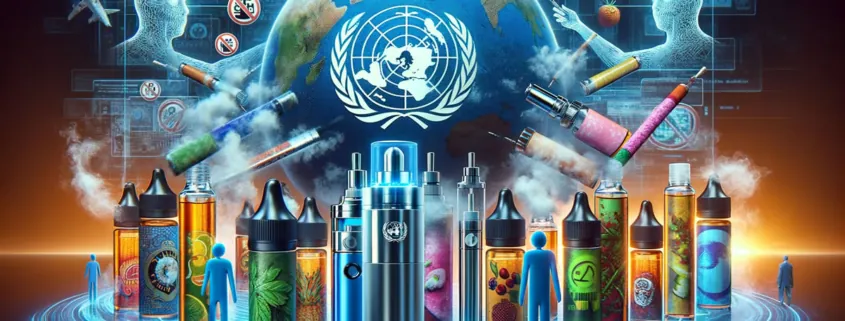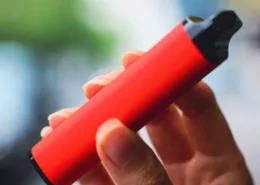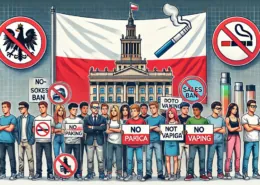WHO Calls for Global Ban on All Flavored Vapes
The World Health Organization urged countries on Thursday to ban all flavored vapes similarly to tobacco, threatening the cigarette industry’s pivots towards less harmful alternatives. The UN body alleges flavors and marketing target adolescents with nicotine addiction.
Citing studies, the WHO said evidence remains insufficient that e-cigarettes help inveterate adult smokers quit. It also highlighted growing experimentation among teenagers lured by flavors despite safety uncertainties around long-term use.
Director-General Dr Tedros Adhanom Ghebreyesus explained the rationale: “Kids are being recruited and trapped into vaping from an early age. We must implement strict measures like flavor bans to protect our youth from nicotine addiction.”
Evidence Shows Youth Uptake But Less Clear On Cessation Efficacy
The WHO acknowledged divided scientific opinions on vaping’s harm reduction potential for quitting smoking relative to prolonged cigarette usage. However, it suggested risk-avoidant policies apply unless irrefutable proof emerges.
Cancer Research UK contradicted this perspective, arguing unreasonable evidentiary burdens persist given smoking’s undisputed disease links, whereas extensive vaping research produced little worrying data so far. “There’s no good evidence e-cigs cause cancer, whereas smoking causes many types,” it countered.
Nonetheless, the WHO doubled down by urging vapes face the same restrictive policies enforced on cigarettes. These include flavor prohibitions, high taxes, indoor usage bans, and no public marketing. Such vaping constraints recently took effect in over 30 countries.
UK Associations Say Bans Could Jeopardize Smoking Abstinence
Cautioning against overreaching regulation, vaping trade bodies argued banning techniques that successfully transitioned millions of smokers represented an irrational public health intervention.
As evidence, emerging illicit markets filling residual demand for restricted vape items have caused acute harms abroad by jeopardizing access to quality-controlled nicotine alternatives. These prove essential for sustaining long-term cigarette abstinence.
The WHO lacks enforcement authority and only issues recommendations, albeit many eventually shape national laws worldwide. While curbing youth uptake has unanimous support, camps diverge on appropriately balancing this against vaping’s smoking substitution potential without real-world data conclusively favoring specific actions.
- India Researchers Call for Re-evaluation of Vape Ban - August 9, 2025
- Malaysian Health Minister: Vape Ban is No Longer an ‘If’ - August 9, 2025
- Is It Illegal to Vape or Smoke While Driving in Indiana? - August 9, 2025









